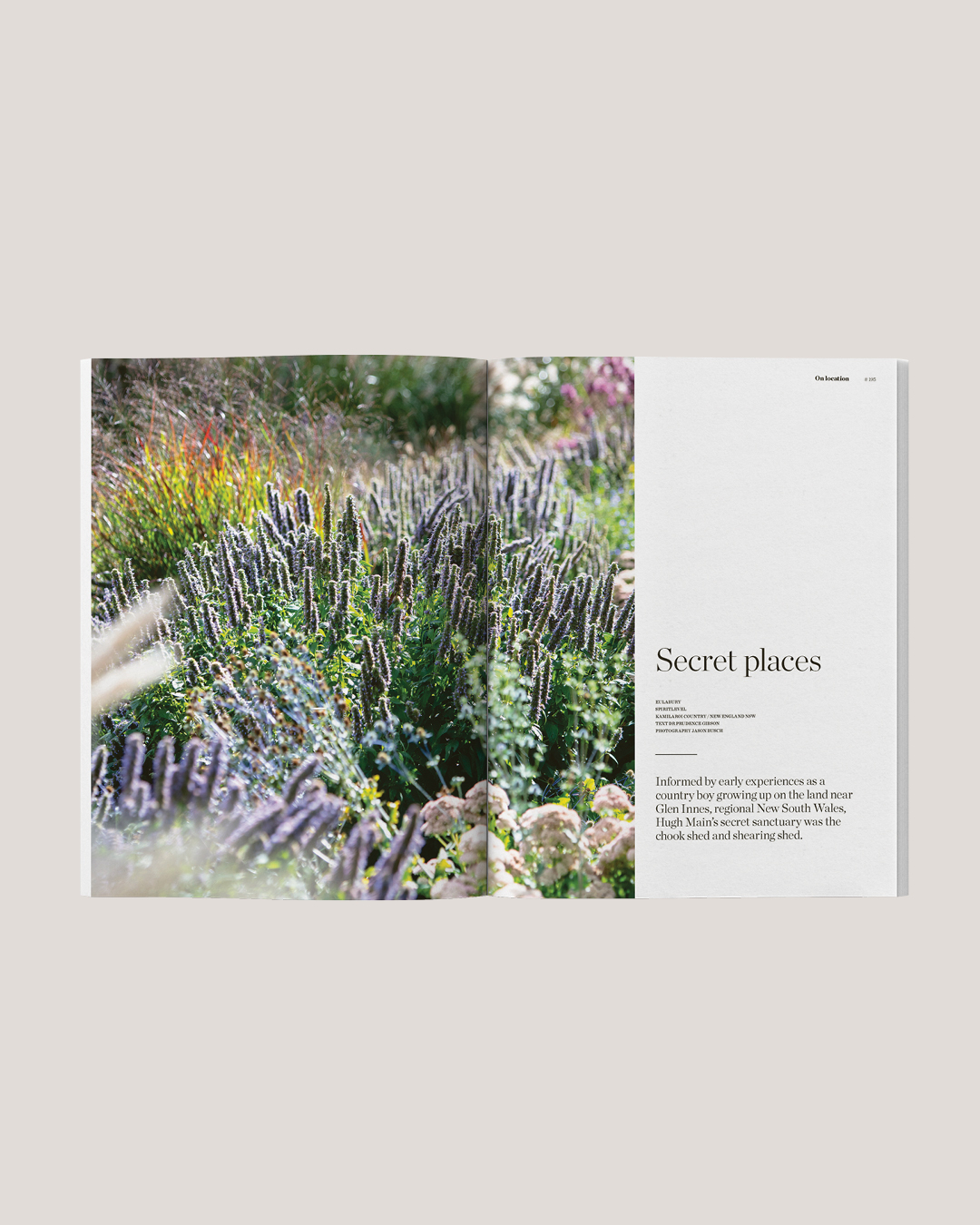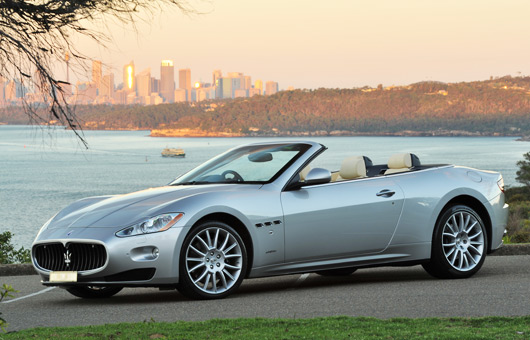Background
I’ll start by admitting that I’m not a car person. In fact I don’t even drive (gasp). But sitting in Maserati’s new GranCabrio was an experience that revved up even my pedestrian heart.
What I know about Maserati (and cars in general) could fit into those tiny ashtrays in car doors. But I soon found out they have a long history of creating ridiculously sexy cars that drive the line between performance and style.
From the A6G Frua Spyder of the 1950s to the latest offering, Maserati has a top-down heritage that ignites the senses. The GranCabrio is the first designed specifically for four-person comfort.
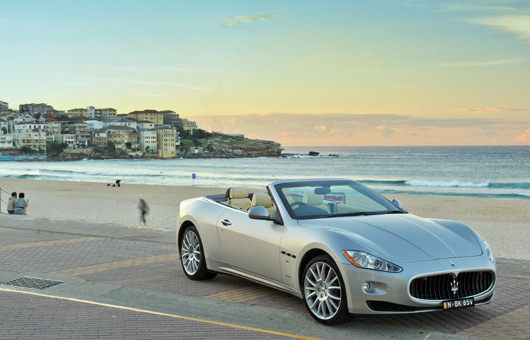
Performance Stuff
Being an automobile ignoramus, the senses were my only guide – but it’s the perfect way to experience this particular vehicle.
The guttural purring of the engine is a pleasure to both hear and feel. It’s a 4.7 litre 8-cylinder monster that delivers 323 kW of power at 700rpm and a top speed of 283km/hour (meaning it goes pretty good).
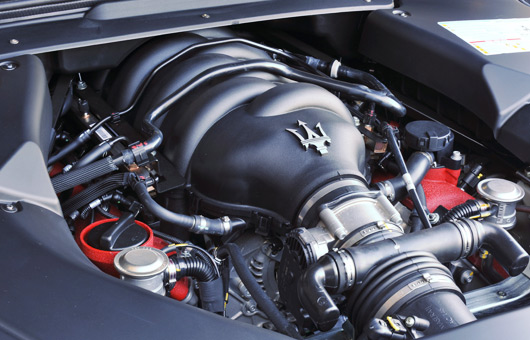
But it also feels incredibly safe. The stability control system was put through its paces in the ice and snow of New Zealand and an array of acronyms including MSP (Maserati Stability Program), HBA (Hydraulic Brake Assist) and EBD (Electronic Braking effort Distribution) enable the car to come to a complete stop from 100km/hour in just 35 metres.
Design Stuff
So with the performance stats out of the way (I hope they sounded at least semi-knowledgeable), we can get down to the design. Of course, the exterior form is singularly beautiful, with enough sleek curves to appeal to women as well as men.
Slide into the interior and you will appreciate Poltrona Frau leather seats, the polished timber dash and details. There is even a complementary range of luggage available.
What is most exciting though, is the capability for customisation. Six standard colours for the soft top, 14 exterior colours and an extensive range of interior leather, dash, calliper and rim colours, equals over 2,000 possible design combinations – so you can create something quite unique.
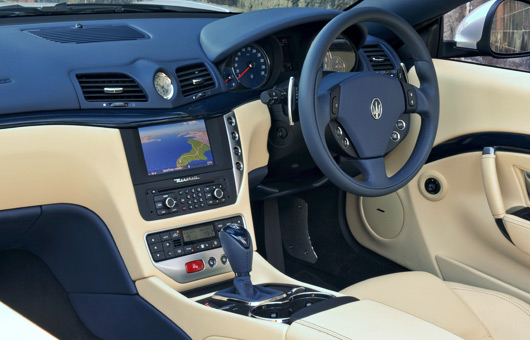
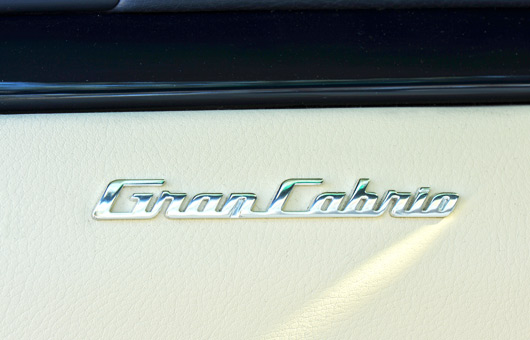
Extras
Something that won’t be unique to your own GranCabrio, however, is the Bose sound system. But I don’t think anyone’s complaining. Developed specifically for this model, the system has all the funny-sounding features like Twiddlers®, Tweeters and Woofers, plus everything else you need to hoon in style.
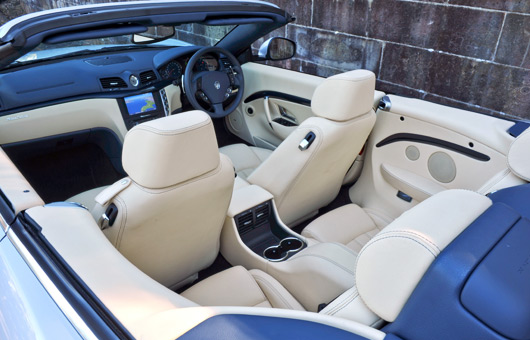
In Conclusion
Maserati’s first open-top sports car designed for four people is absolutely, surprisingly comfortable in the rear with plenty of leg room and an ergonomic position that is rare in a sports vehicle.
It can even fit child restraints, so it’s the perfect option for the car-enthusiast family. As long as a $338,000 car fits into the budget.
Hey, if I could, I definitely would.
Maserati Australia
maserati.com.au
